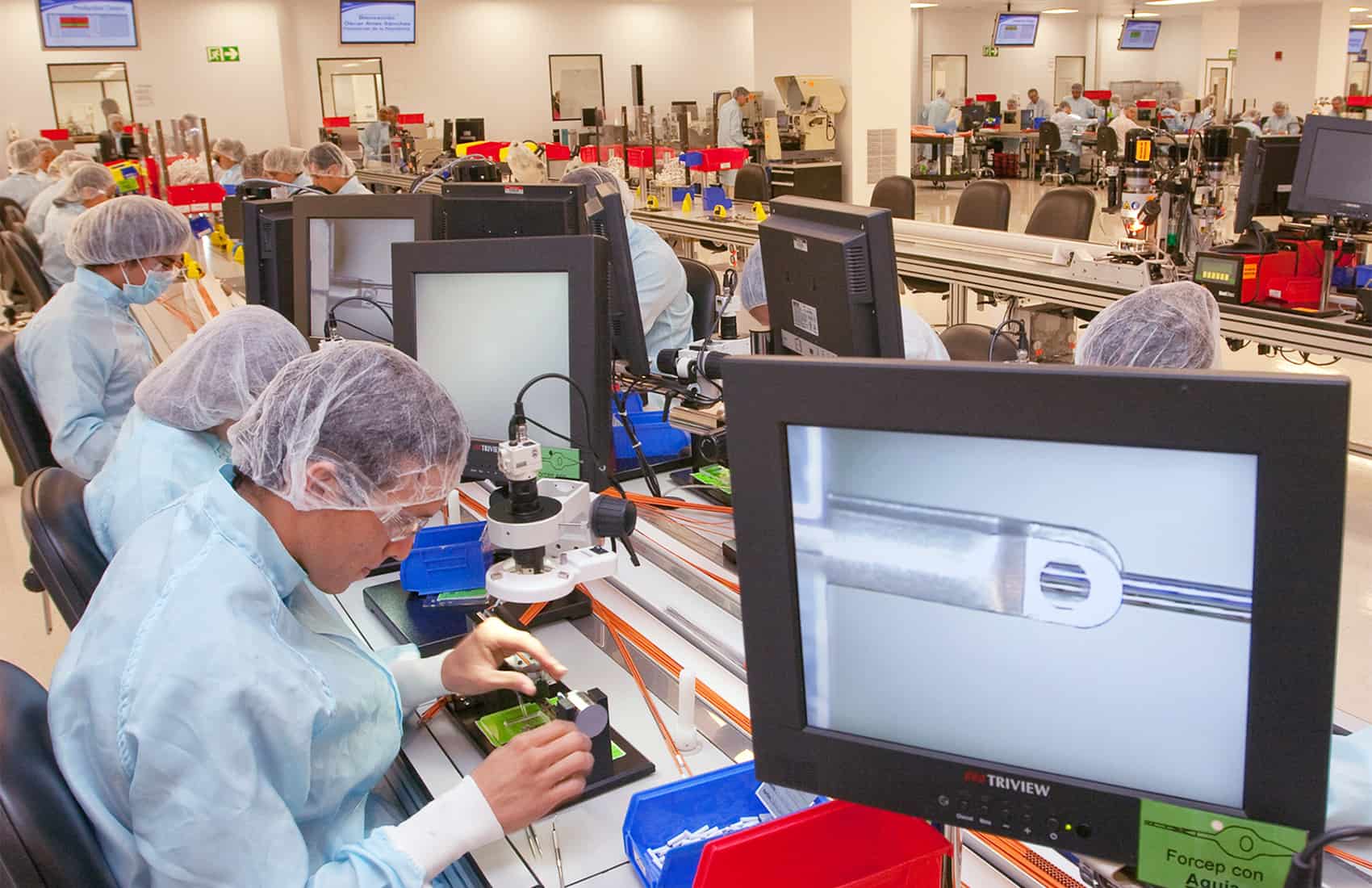The victory of Donald Trump in the U.S. presidential elections provoked a cautious initial response from Costa Rican government officials regarding possible implications for the country, while business sector leaders already voiced their concerns about the potential effects of the next administration.
During a public event in San José on Wednesday, President Luis Guillermo Solís told reporters that it is necessary to wait for Trump’s official announcement of the political and economic measures he plans to implement upon taking office.
Solís said it’s still hard to tell what Trump’s real priorities are.
“We can’t be absolutely sure that he will do everything he promised during his campaign,” the president told reporters.
Costa Rica’s Central Bank officials said in a news release said that they believe the economic policies Trump announced during his campaign could have an impact on the country, but not in the short term.
“The effect of some of these reforms on the U.S. economy and the rest of the world would take time, because they depend on political consensus and approval by the Senate and the House of Representatives,” reads the document.
Foreign trade
Trump promised that he will boost the U.S. economy by, among other measures, renegotiating free trade agreements.
He also promised to bring jobs back to the U.S., mostly from the manufacturing sector, and create fiscal incentives to prevent more companies from relocating their operations abroad: for example, he promised to lower the corporate tax from 35 to 15 percent.
Foreign Trade Minister Alexander Mora told The Tico Times that it’s still too early to draw conclusions. He said he will wait for Trump’s confirmation of his policies and the appointment of his Cabinet members, but that government officials already are evaluating possible scenarios of Trump’s plans.
Mora, who is in California on an official visit, said he believes Trump’s decision to lower the corporate tax should be part of a federal strategy, as U.S. states and cities are already implementing economic incentive programs to prevent companies from moving their operations abroad.
“This scenario must be analyzed in an integral way. A fiscal incentive is only one of the variables that influences a company’s decision to relocate to another country,” said the minister.
He noted that companies evaluating options to relocate their operations abroad now conduct comprehensive analyses that include many variables, “and a tax benefit is just one of them,” he said. Others include the quality and availability of the workforce, access to energy, the country’s legal stability and even its geographic location.
“Companies now even consider anti-risk variables such as not concentrating all their operations in just one country,” he said.
The minister also said that Trump’s tax reform would likely be directed at companies that target the U.S. market.
“That’s what happened with the [exit of] Bank of America, which, in addition to reducing operating costs, left Costa Rica because its entire market is currently in the U.S.,” he said.
Mora said that foreign companies offering services to Latin American or European markets from Costa Rica are less likely to make any changes in their operations here because of U.S. election results.
CAFTA renegotiation
Trump repeatedly said at his rallies that one of his first actions as president would be to renegotiate provisions of free trade deals in order to regain jobs for U.S. citizens.
President Solís said that while it is possible that Trump will propose the renegotiation of the Central America Free Trade Agreement (CAFTA), this it is not something that can happen easily.
“It’s not a decision that the U.S. can take unilaterally without consulting with all the other countries,” Solís said.
Minister Mora said that in addition to that consultation, a member country that wants a renegotiation faces “a detailed procedure that must be followed and approved by all countries.”
Business leaders voiced their concerns about Trump’s victory, focusing on his tax and free trade policies as well as his plans to tighten immigration controls.
According to Foreign Trade Ministry data, the three North American markets received 44 percent of the Costa Rica’s total exports in the third quarter of 2016. The main products exported in that period were medical devices and fruits, mostly bananas and pineapples.
Exchange rate
The exchange rate of the dollar in the wholesale market on Wednesday morning fluctuated between ₡556 and ₡558.
Luis Diego Herrera, an economist with Grupo Financiero Acobo, told The Tico Times that variations recorded Wednesday were prompted mainly by uncertainty and the initial surprise over Trump’s win, and that analysts do not expect big variations in the short term.
He believes, however, that the situation could change “once Trump clearly defines his goals and decisions on economy and on foreign trade.”






